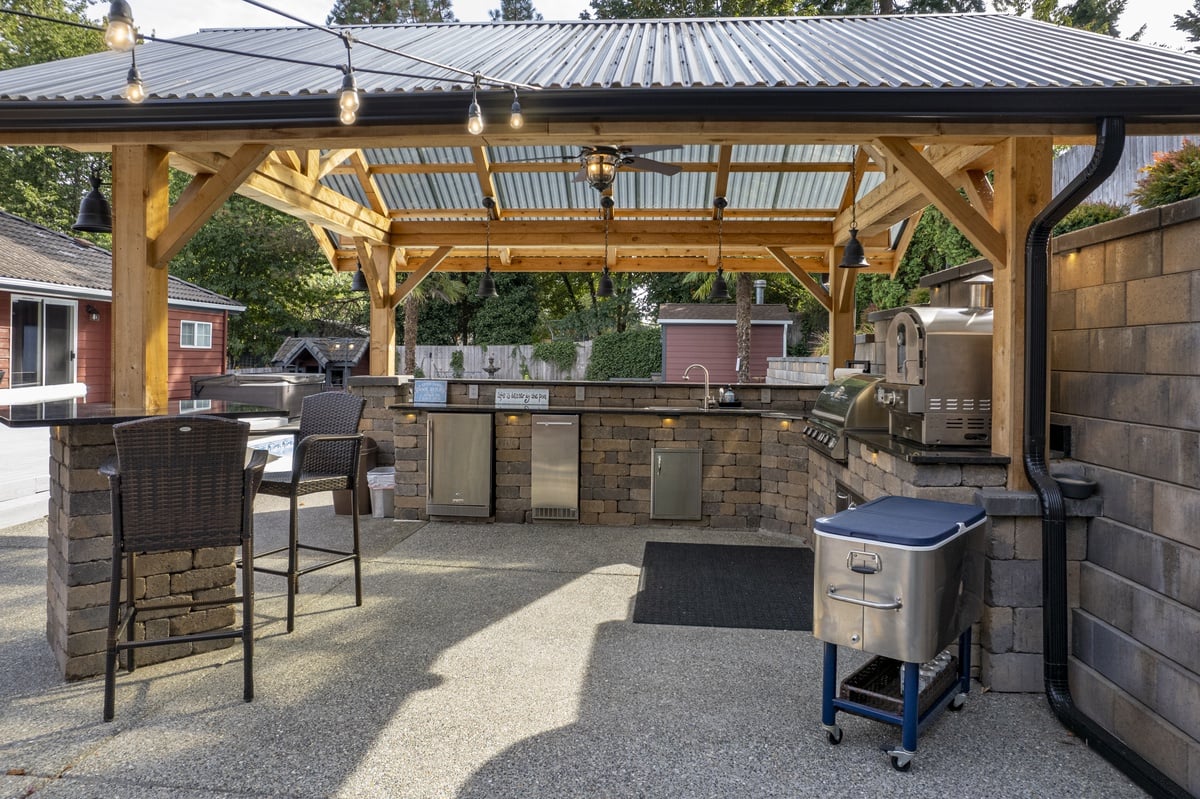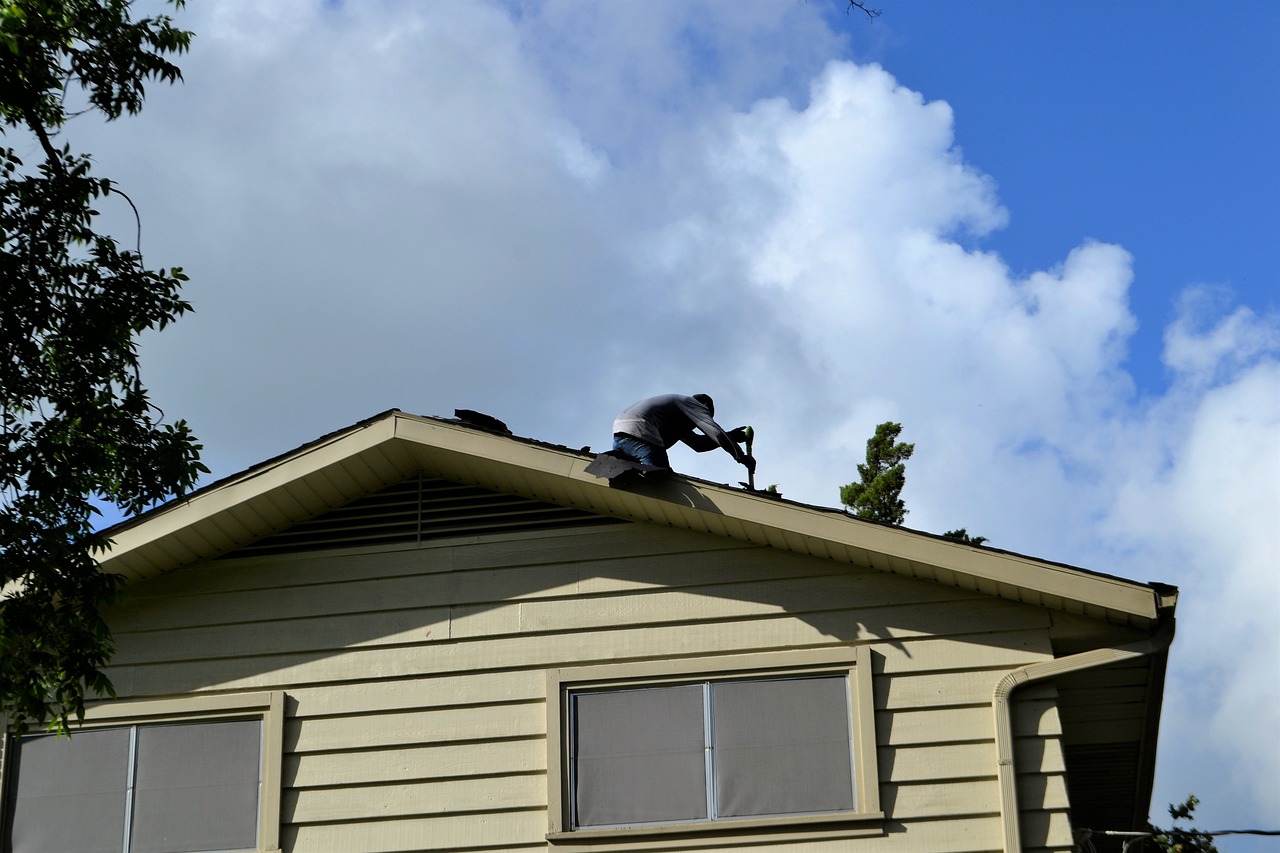If you're a landscaper looking to expand your business, focusing your efforts online is an absolute must. The internet offers endless opportunities for growth, from reaching a wider audience to promoting your services more effectively. Also, most potential customers do the bulk of their research online and, if your company lacks a powerful internet presence, you’ll likely never even be considered by those consumers.
In this article, we'll explore some essential tips and tricks to help you grow your landscaping business online. By the end, you'll have a solid understanding of what it takes to thrive in the digital landscape.
1. Create a Professional Website
Your website is your online storefront, and it's essential to make a good impression. Here's what you need to do to create a professional website:
Choose a User-Friendly Design
Your website design should be visually appealing and easy to navigate. Choose a design that reflects your brand and makes it easy for visitors to find what they're looking for. This doesn’t require learning how to code or paying a developer vast sums of money to build a customer website - these days, website builders like Wix and Squarespace enable non-technical people to create professional looking websites in a matter of hours.
Highlight Your Services
Make sure your website clearly showcases the services you offer. A lot of services fall under the umbrella term of ‘landscaping,’ so be sure to be clear about what you do (and don’t do) upfront on your site. This will help potential clients understand what you do and how you can help them.
Optimize Your Content for Search Engines
Having a website that is optimized for search engines is crucial in attracting potential customers online, as the vast majority of consumers do their research online. The number one thing you should do is to help potential customers through their journey by making sure that the content on your website is high-quality - answer common questions and provide valuable information about both your services and what customers should look for and consider when making their decision. Remember: search engines reward websites that provide solutions to the queries their users are entering.
Another important factor in driving SEO results is including relevant keywords in website content and metadata, such as title tags, header tags, and meta descriptions. Landscaping businesses should also focus on building local citations and backlinks, which are mentions of their business on other websites. This can include local business directories, local news outlets, and community organizations. By implementing these strategies, landscaping businesses can improve their visibility in local search results and attract more customers in their local area.
Also, do not overlook the importance of local search engine optimization, which is critical for any landscaping business that wants to reach potential customers in their local area. Local SEO is the process of optimizing a website and online presence to appear in local search engine results. For a landscaping business, this means appearing in search results when people search for services like "landscaping near me" or "landscape design in [city]". Being visible in local search results helps attract more customers, improve brand awareness, and increase overall sales.
To achieve local SEO results, landscaping businesses should start by creating and optimizing a Google My Business profile. This includes providing accurate and complete business information such as name, address, phone number, and business hours. Additionally, landscaping businesses should include high-quality photos of their work and regularly update their business information to keep it current.
Use Calls-to-Action
Ultimately, the goal of your website is to drive additional customers to your business, so it’s important to give website visitors plenty of opportunities to get in touch with you to start the estimate/quoting process. Include calls-to-action on your website to encourage visitors to take action, such as filling out a contact form, calling your business, or requesting an at-home sales appointment to hear their ideas and talk about the potential project.
2. Utilize Social Media
Social media is an excellent tool for promoting your landscaping business and engaging with potential clients. Here's how to use it effectively:
Choose the Right Platforms
Not all social media platforms are created equal. Choose the platforms that are most popular among your target audience and focus your efforts there. There are several social media platforms that can be effective for promoting a landscaping business, depending on the target audience and marketing goals. Here are a few options to consider:
- Facebook: With over 2 billion active users, Facebook is a popular social media platform that allows businesses to create a page and share content with followers. Landscaping businesses can use Facebook to showcase their work, share tips and advice, and connect with potential customers in their local area. Facebook also offers paid advertising options, such as boosted posts and targeted ads, which can help reach a larger audience.
- Instagram: Instagram is a visual platform that is ideal for showcasing landscaping projects and designs. Landscaping businesses can use Instagram to share high-quality photos and videos of their work, as well as behind-the-scenes content and customer testimonials. Instagram also offers features such as Stories and Reels, which can help engage followers and attract new customers.
- Houzz: While not technically a social media platform, Houzz is a popular online community for home design and remodeling. Landscaping businesses can create a profile on Houzz to showcase their work, connect with potential customers, and participate in discussions with other professionals in the industry.
- Nextdoor: Nextdoor is a neighborhood-based social network that allows users to connect with others in their local area. Landscaping businesses can use Nextdoor to promote their services and connect with potential customers in their immediate vicinity.
Ultimately, the best social media platforms for promoting a landscaping business will depend on the target audience and marketing goals. By carefully selecting the right platforms and creating engaging content, landscaping businesses can use social media to build brand awareness, attract new customers, and grow their business.
Post Regularly and Make Sure Content is Engaging
Consistency and creating value are the keys when it comes to social media. Post regularly to keep your audience engaged and informed about your services. This can be as simple as uploading photos of completed work, offering seasonal tips that DIYers would appreciate, or linking to blog posts you’ve written on your website.
Use Paid Advertising
Paid advertising on social media can help you reach a larger audience and drive more traffic to your website. Consider investing in paid ads to boost your online presence. On social media, you can even promote the posts you’ve already made rather than having to create a whole suite of ads to support your campaign.
3. Build and Manage Your Online Reputation
Your online reputation can make or break your landscaping business. While your social media presence plays a role here, it’s by no means the only place where you need to work to build a positive reputation and engage with users. Here are a few cornerstones to building a reputation online that will do wonders for your business’s growth:
Encourage Reviews
Encourage satisfied customers to leave reviews on your website, social media pages, and Google Reviews - Google actually uses review volume as a ranking factor when users search their local area for businesses or services. Positive reviews can go a long way in attracting new clients, and are one of the biggest things potential customers use to determine whether a landscaping company is a good fit for them.
Respond to Feedback
Respond promptly and professionally to any feedback you receive, whether it's positive or negative. This shows that you value your customers' opinions and are committed to providing excellent service. A bad review is nothing to run away from - it looks worse when a company doesn’t respond, and it’s an opportunity to professionally handle the situation, which can actually make you look good to future customers.
Create a Google My Business profile
A Google My Business profile can help improve your visibility in local search results, making it easier for customers in your area to find you. Make sure to keep your profile updated with accurate information about your business, such as your hours of operation, contact information, and services offered.
4. Use Email Marketing Effectively
Email marketing is a great way to reach out to past clients and promote your services to potential customers. But most companies get email strategies wrong, and so it ends up being a time suck rather than one of the most powerful ways to grow a landscaping business. Here are some things to keep in mind to make sure email is done right for your business:
Building an Email List
Start by building a list of email addresses from existing customers, website visitors, and leads. You can collect email addresses through your website's contact form, in-store sign-ups, or by offering a newsletter subscription.
Seasonal Promotions
Use email marketing to promote seasonal offers, such as spring cleanup, summer lawn maintenance, fall leaf removal, or winter snow clearing. Inform your subscribers about these limited-time promotions and provide them with an incentive to book your services.
Newsletter and Blog Updates
Send regular newsletters featuring useful landscaping tips, DIY projects, and industry news. Include links to informative blog posts on your website to establish yourself as an expert and keep subscribers engaged.
Upselling and Cross-selling
After completing a landscaping project or service, follow up with customers via email to offer additional services or products. For example, if you've just installed a new garden, you could recommend ongoing maintenance services or suggest complementary products like fertilizers or mulch.
Conclusion
In our view, this list represents the four most impactful things that landscaping companies can do to grow their business using online channels. By following these tips, you can reach a wider audience of potential customers, allow for the scale that online opportunities afford, and grow your landscaping business quickly and effectively.




